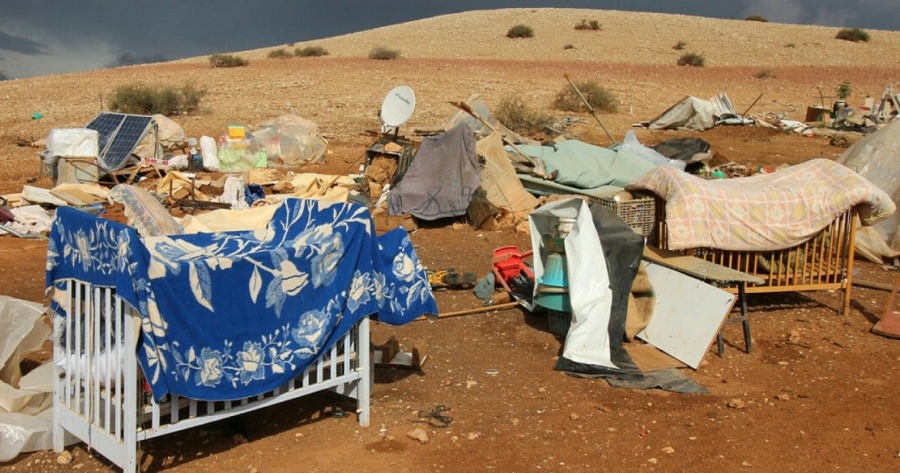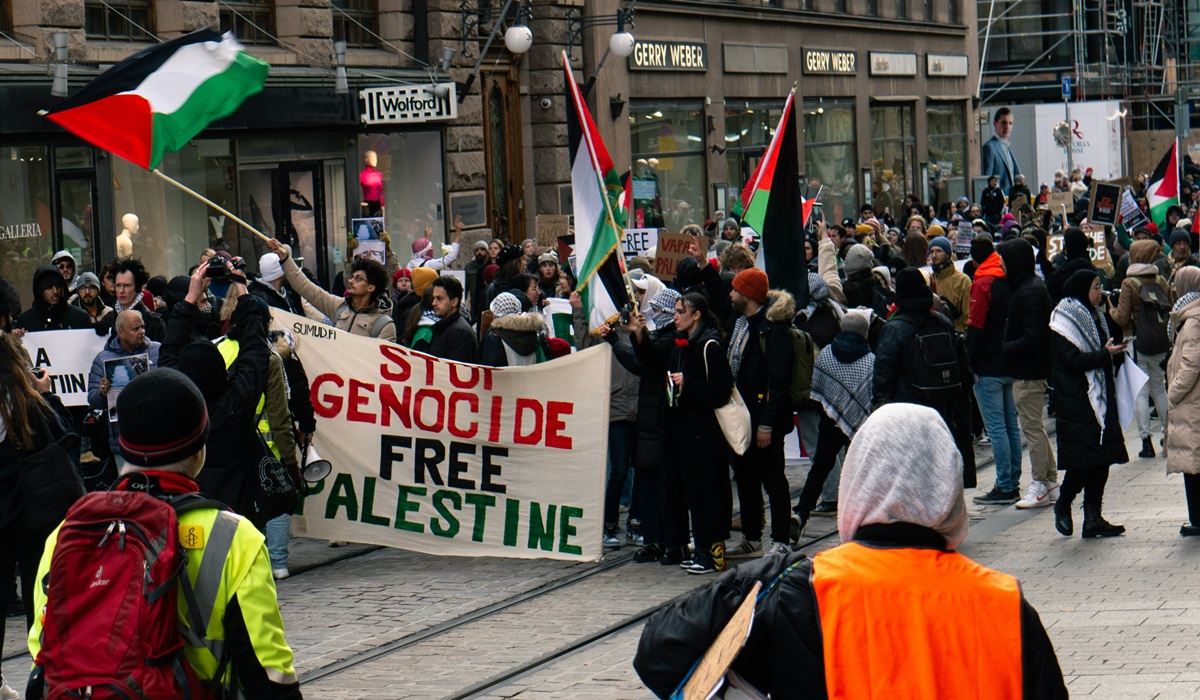NRC Proposal to Secure Palestinian Rights in the Occupied West Bank
- Naomi Dela Cruz
- Middle East
- Trending
- September 11, 2023

It has been three decades since the historic signing of the ‘Oslo Accords,’ an agreement meant to pave the way for peace and coexistence between Israel and Palestine. However, in the occupied West Bank, the reality on the ground tells a different story. The Palestinian presence and development in this region are systematically being excluded by Israel, leading to dire consequences for the Palestinian population. In response to this ongoing crisis, the Norwegian Refugee Council (NRC) has proposed a comprehensive proposal to secure Palestinian rights and autonomy in the West Bank.
The NRC’s proposal is a beacon of hope in a region plagued by conflict and uncertainty. It calls for establishing an autonomous building process led and managed by Palestinians for the benefit of Palestinians. This approach represents a significant departure from the current humanitarian aid-driven model and seeks to empower Palestinians to take control of their territory and future. Under this plan, the focus would shift towards constructing essential infrastructure, including schools, homes, livelihoods, and services, rather than relying solely on aid to meet basic needs.
Jan Egeland, the Secretary General of NRC, succinctly summarized the situation’s urgency, stating, “The only practical solution to this burgeoning disaster is an alternative, rights-based planning system.” He emphasized the need for immediate, principled diplomatic action, including intervention from Israel’s allies and an accountability plan that safeguards the human rights of Palestinians.
At the heart of the issue lies the unlawful planning regime imposed by Israel in ‘Area C,’ which comprises approximately 60 percent of the occupied West Bank. This regime has created an untenable living environment for Palestinians, marked by forced displacements, illegal annexations of West Bank territory, and the continued expansion of Israeli settlements. Mohammad, a resident of Beit Sakariya in Area C, shared his perspective with NRC, saying, “As the settlements get bigger, our communities get smaller. If it stays like this, we are going to hell.”
Under the Oslo Accords, Israel committed to transferring administrative control of Area C to the Palestinian Authority (PA) within 18 months, with the process concluding in 1998. However, more than a quarter-century later, this transfer has not occurred. Instead, Palestinians in the occupied West Bank live in overcrowded and underserved areas, with their ability to build homes or schools severely restricted by Israel’s construction ban.
NRC’s call to action is clear and urgent. It appeals to donor states, the United Nations, and humanitarian agencies to utilize their collective political influence to enforce international law. This law explicitly prohibits Israel from annexing Palestinian territory, obstructing Palestinian development opportunities, and forcibly displacing Palestinians from the areas it occupies.
Several critical points emphasize the importance of this proposal:
- Research and Authorship: The research behind the Area C planning regime was conducted by former UN Special Rapporteur Leilani Farha, lending credibility and expertise to the findings.
- Rejection of Building Permits: Shockingly, Israel’s Civil Administration rejects a staggering 99 percent of Palestinian building permit applications, further exacerbating the housing crisis in the West Bank.
- Legal Framework: The proposed planning system is rooted in a legal framework that merges international humanitarian law and international human rights law, ensuring a comprehensive approach to securing Palestinian rights.
- Two-State Solution: While this proposal does not end the occupation, it offers a path toward an environment where Palestinian rights and the viability of a two-state solution can be safeguarded.
The international community must heed this call and take concrete steps to enforce international law, ending the Palestinian people’s suffering and creating a path toward a more just and peaceful future in the region.








